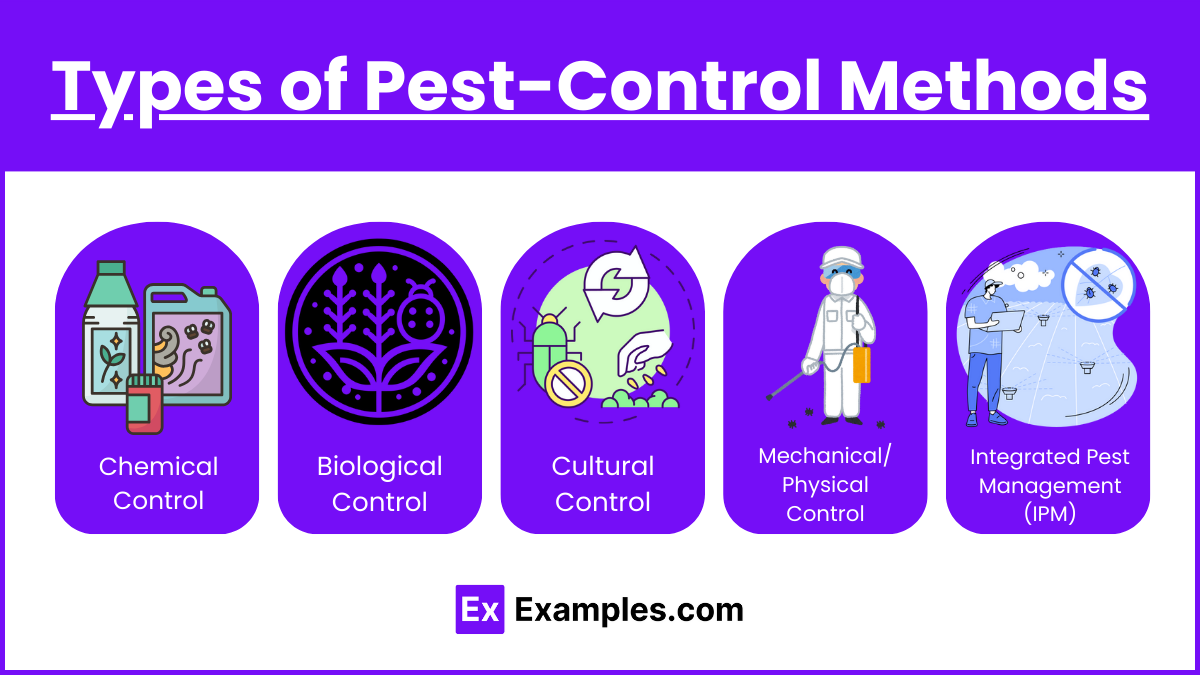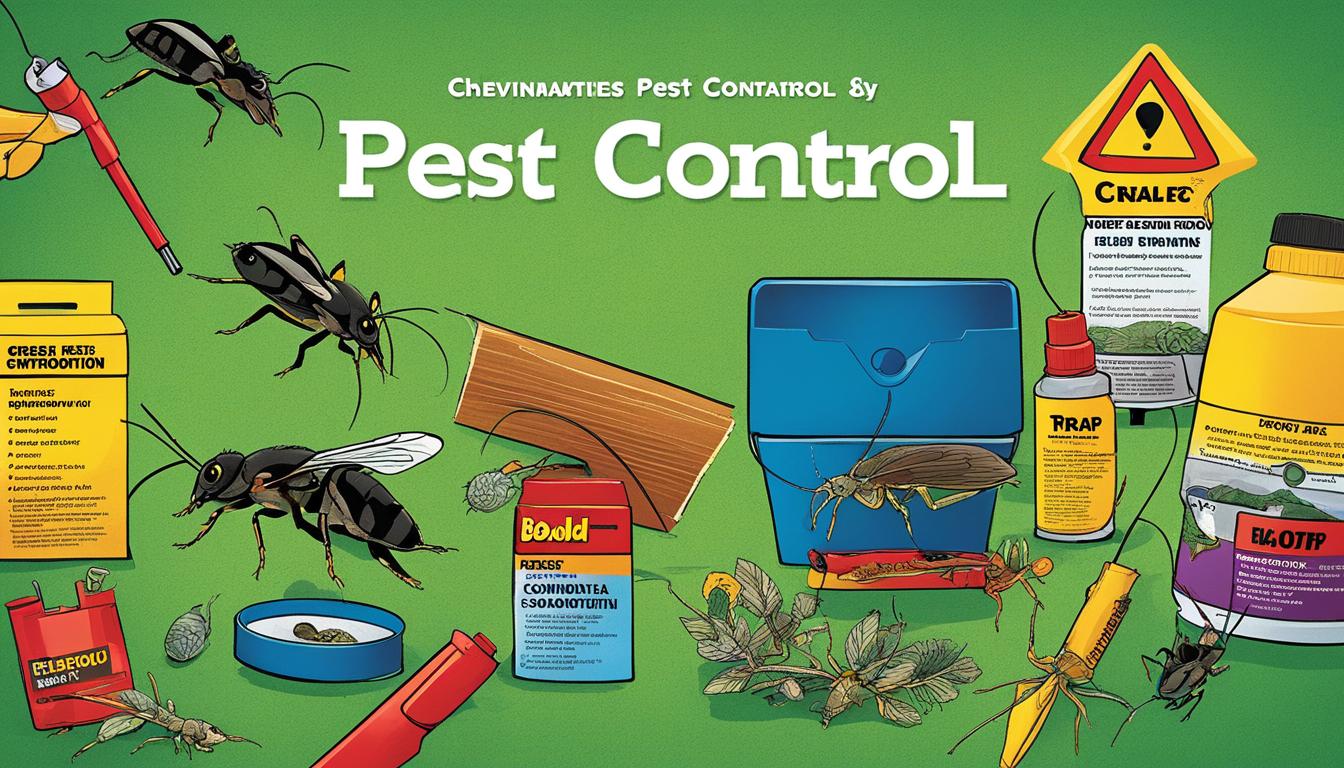3 Simple Techniques For Pest Control
3 Simple Techniques For Pest Control
Blog Article
The Definitive Guide for Pest Control
Table of ContentsSome Known Facts About Pest Control.Pest Control for DummiesPest Control Fundamentals ExplainedGet This Report on Pest ControlPest Control for DummiesFascination About Pest Control
Our findings show that the initial evaluation will certainly set you back anywhere from $160-$300 on standard. This generally costs anywhere in between $400-$1000 for the entire year's insurance coverage, with monthly or bi-monthly visits already rolled into the last price.Depending upon the issue, a task that calls for a single go to usually costs $300 to $550. These are the simplest costs to outline in your parasite control costs checklist. Make certain to describe to your customer the process and the time it will certainly take to analyze the circumstance. Throughout this very first check out, you may discover that the task calls for a number of added visits, at which factor you can consider it an initial browse through.
Bugs that typically needs continuous visits include: Cockroaches. Our searchings for reveal that a first visit is concerning $180 and is the first of an ongoing agreement. Throughout this very first go to, you should: Evaluate the issue.
12-month contract. Generally, the regularity of regular brows through is: Monthly: $40 45. Every two months (semi-monthly): $50 60. Every three months (quarterly): $100 300. Parasite control is a chemically-intensive business. Chemicals are the vital products that pest control specialists utilize to finish a task. Common chemicals include: Boric acid.
The Pest Control Statements
Important products and supplies you'll make use of consist of: Respirator. Sprayer. Handwear covers. Duster. Foamer Baiting tools. UV light. Various other security devices. It is essential to have all of the right devices prior to starting a work. Your tools must be included as component of your expenses prices. If you have workers, after that labor costs are going to be the largest expenses for your organization.
Limitations of Chemical Administration Have the ability to assess insect troubles, identify if management is needed, and make ideal suggestions making use of IPM methods. Recognize with different approaches of parasite management - their advantages and constraints. Recognize the worth of valuable pests. It is not possibleor even desirableto rid gardens of all pests.
This chapter talks about (IPM), a technique that makes use of understanding about pests and their, practices, nonchemical techniques, and chemicals to handle pest issues. Added info regarding IPM for particular plants is included in phases that focus on those plants. Nonchemical insect control steps are worried in phase 17, "Organic Gardening." Taking care of birds and creatures is covered in phase 20, "Wild animals." Taking care of in the lawn and garden is covered in phase 6, "Weeds." Parasites in a yard or landscape may include insects and mites, weeds,, mammals, and birds.
What Does Pest Control Mean?
Many individuals rush to draw, hoe, or spray every weed they see. Insects and weeds, however, contribute in the. After growing a yard or establishing a yard, the all-natural procedure of plant succession begins to reestablish and nonnative plants. A weed growing in a grass represents the initial stage in a series of occasions that, if permitted to proceed, can ultimately cause a woodland.
What we call "bugs" are part of a natural system at work. Only people take into consideration certain types parasites when they occur where they are not wanted.
Parasites susceptible to a pesticide were quickly killed, leaving resistant ones to breed and multiply. It came to be clear that chemicals alone would not resolve all parasite problems. Instead, overuse of pesticides caused the advancement of resistant parasites. Researchers began to establish a new method to pest control. This informative post new method was called integrated pest administration (IPM).
An IPM strategy enables some level of parasites in the atmosphere. Pests are much less likely to survive a program that utilizes various methods of reducing their populaces. Integrated pest administration was very first suggested by entomologists due to the fact that bugs were the first team of parasites to show hard to handle with chemicals alone.
Pest Control - Questions

Management instead of removal of pests is the objective. An IPM strategy begins with a careful examination of each insect invasion. Only then can one decide concerning the appropriate methods necessary to subdue bug tasks. The life process of the insect, possible damages, all-natural adversaries, and effects of weather condition, to name a few variables, are taken into consideration before a control plan is implemented.
Clover expanding in a yard might be checked out as an undesirable weed, however as a vegetable it is manufacturing nitrogen for the dirt and the flowers are giving nectar to honey and various other. Resistance for some weeds may be part of an IPM plan. may be eating the fallen leaves of a plant, but when they are determined as the larvae of Eastern tiger swallowtail butterflies, their damages may be endured so we can enjoy the attractive butterfly.
Number 81. Brown lacewing larva (Hemerobiidae household). Pest Control. Matt Bertone Prevention is the very first tool in parasite monitoring due to the fact that it is one of the most efficient, least costly, a lot of eco-friendly solution. Selecting a healthy and balanced plant that grows in the preferred area with the offered light, growing it thoroughly, and making certain that it has sufficient water and nutrients prevents anxiety and minimizes insect issues.
Pest Control Fundamentals Explained
The 2nd most vital device in insect management is early treatment. Responding to issues promptly, prior to they have time to multiply, requires a less remarkable intervention.
Several safe, sensible, nonchemical methods of plant protection and bug monitoring might reduce or get rid of the requirement to spray. Various other techniques are most beneficial when utilized with chemicals. To apply administration techniques correctly and to decrease losses, garden enthusiasts should know the sorts of parasites that attack plants and understand pest biology.
Insect management techniques fall under 4 groups: social, mechanical, organic, and chemical. Maintaining plants healthy and avoiding plant stress aids plants to much better withstand and repair site web the damage triggered by a bug or mite bug. Some proof suggests that healthy and balanced plants stand up to problem by insects much better than plants with low vitality.
Carrying out a soil test and applying just the recommended amount of plant food and lime makes best use of the benefit to the plant while lessening problems associated with excessive usage of plant food. Covering the soil with a number of inches of mulch protects the plant in numerous ways: reducing soil water loss to evaporation, decreasing weed competition, giving nutrients, and creating an ideal setting for earthworms and microorganisms that maintain the soil loosened for origins and break down web link natural material to launch nutrients.
Pest Control Can Be Fun For Anyone

If tilling is considered necessary, take into consideration doing it in the fall when the life cycles of lots of insects brings them near the surface. At the surface area, insects end up being revealed to the weather condition in addition to birds and various other all-natural opponents. Loss tilling can additionally destroy insects in plant residues. Use disease-free and insect-free qualified seeds and plants if readily available.
Report this page